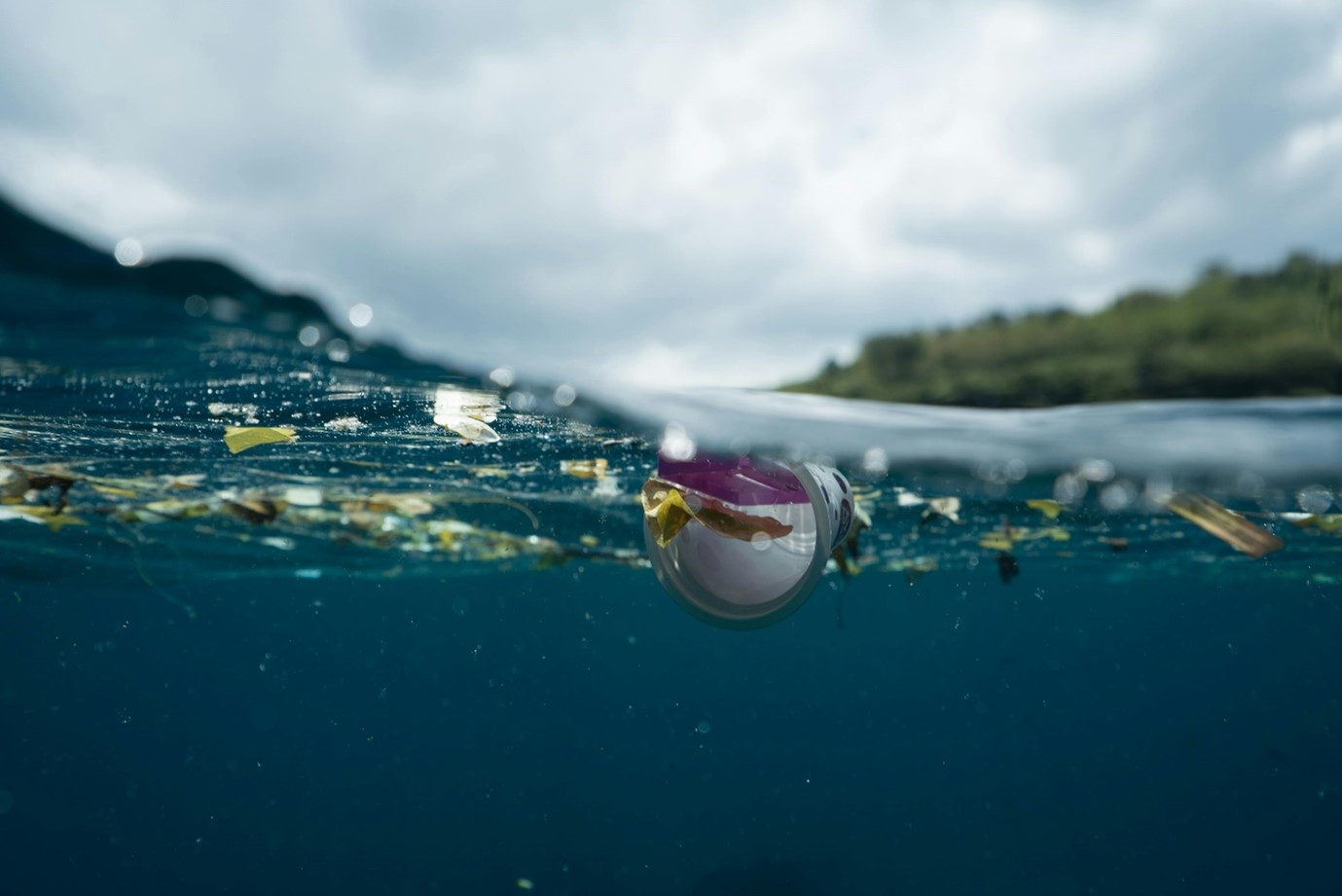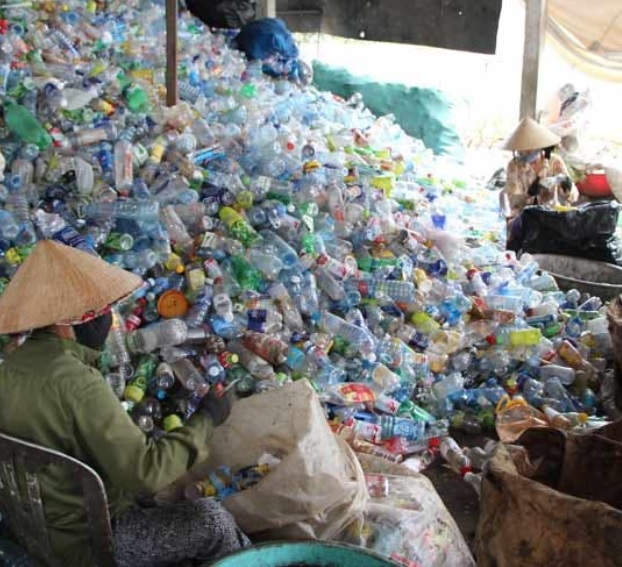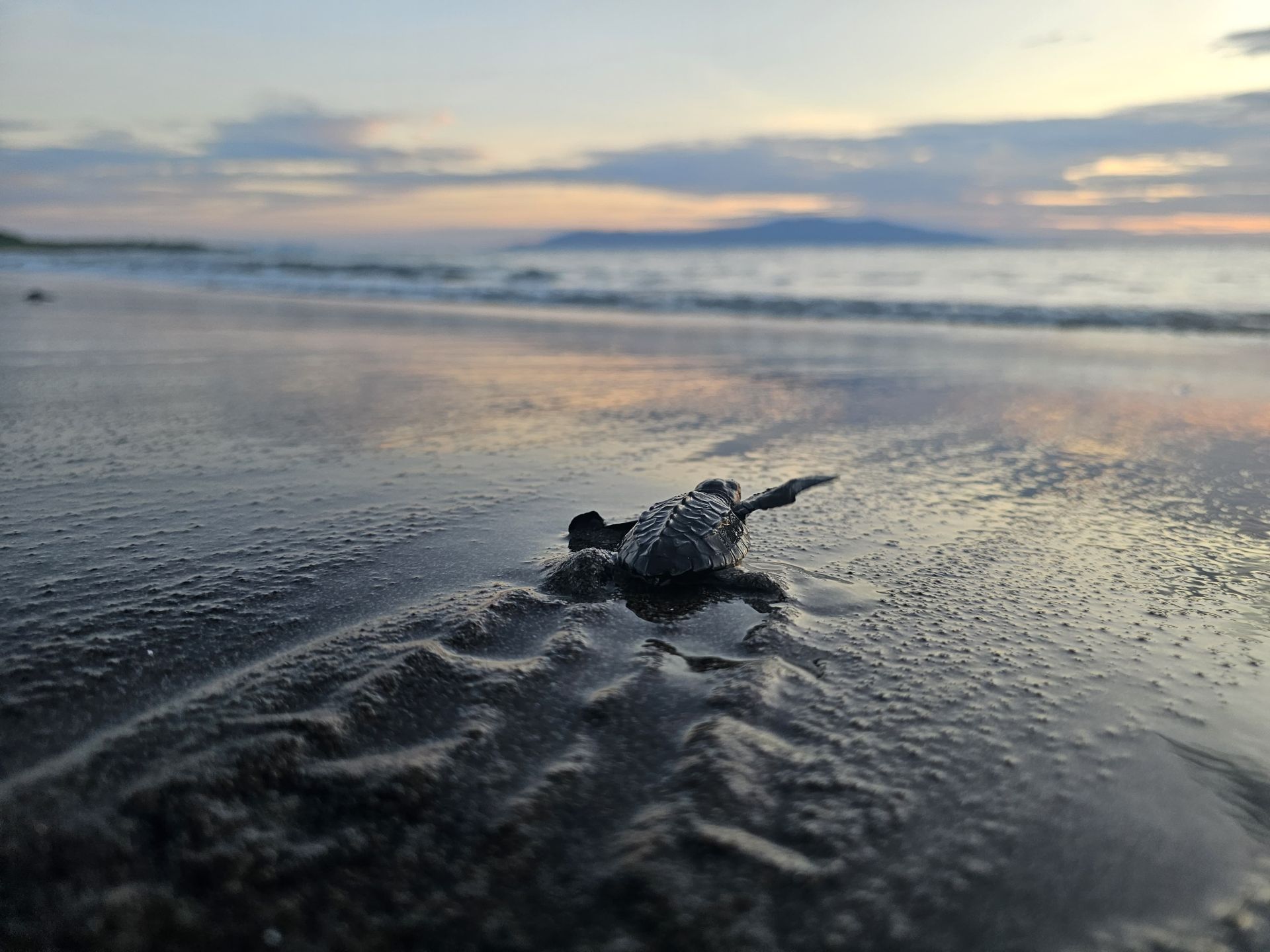Initiative promotes public-private collaboration to advance more circular economies and reduce the environmental impact of the use of plastics in Central America
With support from the United States Department of State, the EPPIC international collaboration will be implemented in Costa Rica, Honduras, and Guatemala, to enable the transition to circular plastic economies.

San José, Costa Rica, July 24, 2024 (IUCN). The End Plastic Pollution International Collaborative (EPPIC), aimed at significantly reducing the environmental impact of the use of plastics, held its first inception workshop in San José, Costa Rica .
Global in scope, EPPIC will develop actions to support in-country projects by providing financial resources for location-appropriate upstream and mid-stream interventions. The interventions will be supported by science-based knowledge to ensure their effectiveness and relevance to the local context in Central America, Southeast Asia, and sub-Saharan Africa, with support from the United States Department of State.
Under the leadership of the International Union for Conservation of Nature (IUCN) and in partnership with The Ocean Foundation, Searious Business, and the Aspen Institute, EPPIC will focus on driving effective actions and solutions that promote more circular plastic economies through public-private collaboration. The project will work closely with governments to develop plans to tackle plastic pollution.
In Central America, EPPIC will be implemented in Costa Rica, Honduras, and Guatemala, through the IUCN Regional Office for Mexico, Central America, and the Caribbean (ORMACC).
In his speech, the advisor to the Vice Minister of Energy of the Ministry of Environment and Energy (MINAE), Pablo Bermúdez, stressed that the ministry plans to address plastic pollution, ensuring that it is integrated into the energy and natural resource management processes, and that, under this integrated approach, leads to more efficient and sustainable management of resources, addressing environmental challenges more effectively.
During the opening of the launch event in Costa Rica, the IUCN Regional Director, Úrsula Parrilla, emphasized that “addressing the plastic crisis is addressing the climate and biodiversity crisis that humanity faces; hence the urgency of initiatives, such as EPPIC, that address this problem in a systemic way.”
In this regard, the Regional Environment Officer for Central America and the Caribbean based at the United States Embassy in Costa Rica, Iván Ríos, indicated that “EPPIC represents an exceptional opportunity for the public and private sectors to come together for the benefit of a cleaner and healthier planet for all.”
He echoed Secretary Antony Blinken’s statement that “plastic pollution represents a threat to our waterways, our oceans, and the people and marine life that depend on these fragile ecosystems. As we have done in the past, the United States is acting domestically and abroad to address this threat.”
By strengthening policies, public awareness, and multi-sector participation, the circularity of plastic throughout its life cycle will improve. EPPIC promotes global alliances for innovation, investments, and solutions focused on the elimination and reuse of plastic, promoting the coordination of actions between governments, small and medium-sized businesses, and various civil society actors interested in the topic.
With the launch of EPPIC its mission is to galvanize global action to significantly reduce plastic pollution and advance solutions to eliminate plastic waste across the plastic life cycle, increasing solutions that advance more circular approaches for plastic and implemented through science-informed decision-making.
Representatives of the country's environmental authorities, the United States Embassy San Jose, as well as nongovernmental organizations, private sector, local communities, and academia that address the problem of plastic pollution participated in the launch event in Costa Rica.



